Are you interested in chemistry?
Chemistry is the study of chemicals, their structure, reactions, and functions. This is a very broad field of study, and there are a lot of possible careers you can pursue with a chemistry degree.

These 3 popular chemistry degree careers might be the right path for you!
1. Food Scientist
What is a food scientist?
Food scientists "use chemistry, biology, and other sciences to study the basic elements of food." By doing this, they find ways to "make processed foods safe and healthy", as well as develop new ways to preserve, process, package, and distribute food.

Why should I be a food scientist?
If you like farms and laboratories, this may be the perfect career for you!
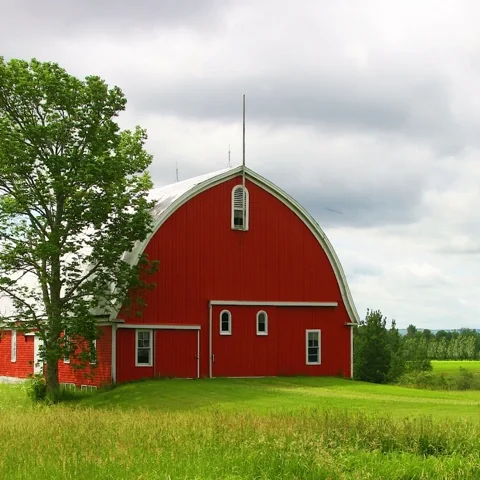
The hours are regular, but the conditions may vary. Working on farms may mean working in the heat around loud machinery, but working in food factories may mean working in very cold temperatures to preserve food.
What credentials do I need to become a food scientist?
Usually, food scientists need a bachelor's degree in chemistry, or a related field like agricultural sciences, or biology.
Students should consider taking the following courses for their degrees:
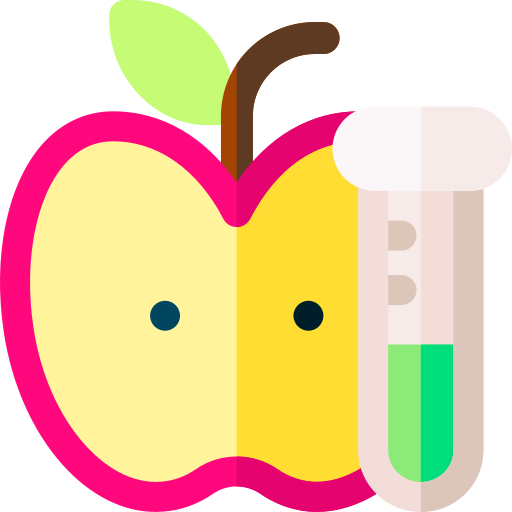
food chemistry

food analysis

food microbiology

food engineering
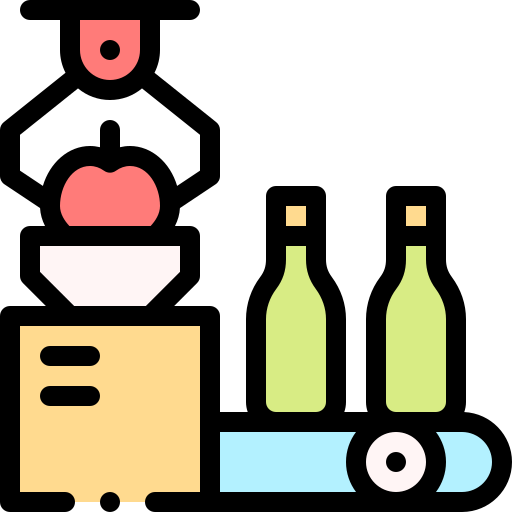
food-processing operations
What responsibilities are expected of me as a food scientist?
Food scientist positions are research-heavy, and a lot of the responsibilities may be similar to other research positions. They may include:

Experimenting with ways to "improve the productivity and sustainability of crops and farm animals"

Creating new food products

Developing "new and better ways to process, package, and deliver food"

Study soil composition and how it impacts food and plant development
Who hires food scientists?
As a food scientist, you may be employed in:

Food manufacturing

Research and development

Colleges and universities

Government agencies
2. Forensic Scientist
What is a forensic scientist?
Forensic scientists help detectives and others who work on criminal investigations "by collecting and analyzing evidence" from crime scenes.
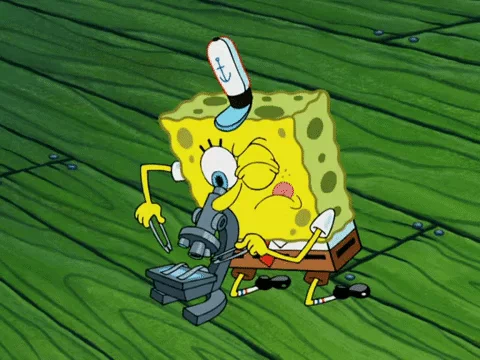
Forensic scientists often work at crime scenes or in labs, using chemistry to identify things like blood type, fingerprints, and weapons used in a crime.
Why should I be a forensic scientist?
If you're comfortable with irregular hours, are emotionally and mentally strong, and like to solve problems, this could be the career for you!
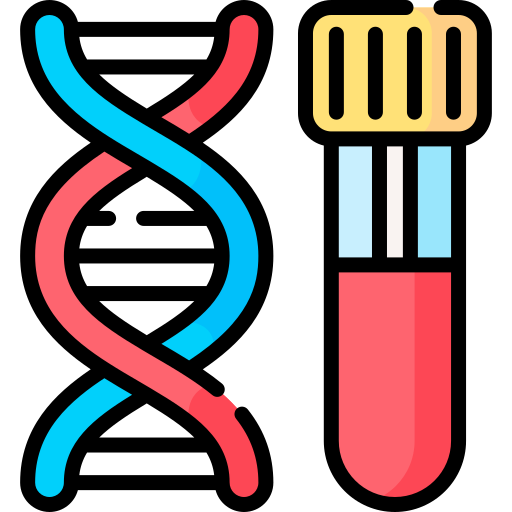
If you want more regular hours, and don't like the idea of working directly at the site of the crime, you'll need to work in a laboratory, where hours are more regular.
You could also work on electronic fraud or identity theft by working with digital forensic scientists.

What responsibilities are expected of me as a forensic scientist?
Your responsibilities as a forensic scientist may be different depending on where you work. If you work at crime scenes, you may need to:

photograph evidence at the crime scene
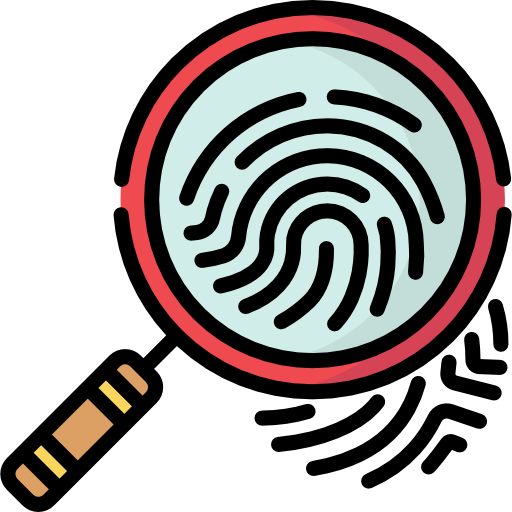
observe, record, and gather evidence
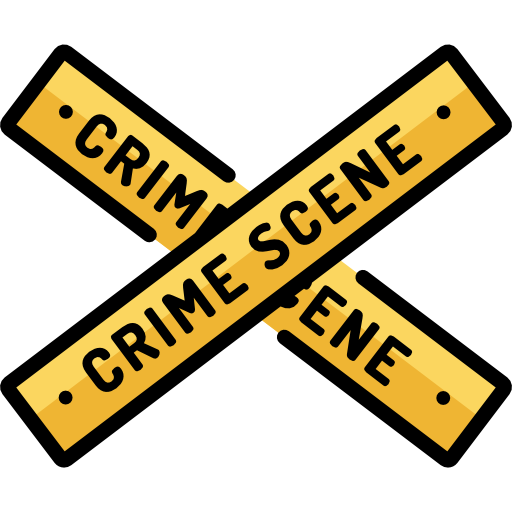
prepare reconstructions of crime scenes
If you work in a laboratory, your responsibilities might be:
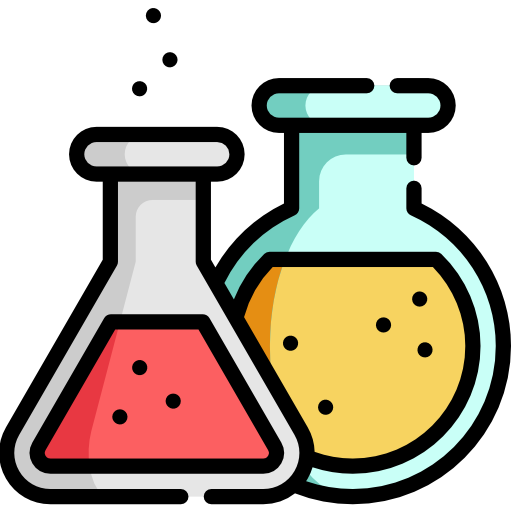
using chemicals and laboratory equipment for analysis

using computer programs to analyze DNA samples
Who hires forensic scientists?
Around 90% of forensic scientist positions in the US are found in:

police departments

local and federal governments
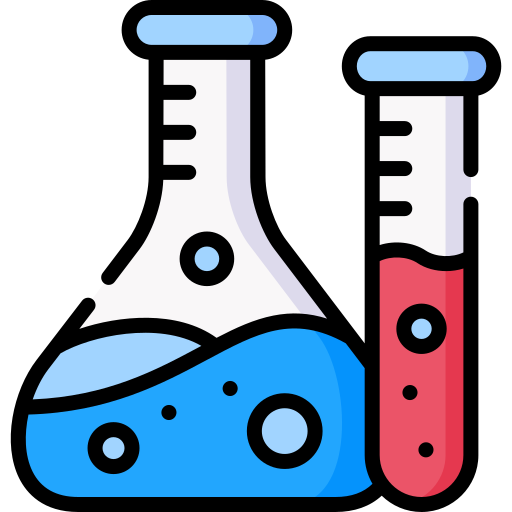
testing laboratories
What credentials do I need to become a forensic scientist?
To become a forensic scientist, you can study at one of the programs approved by the American Academy of Forensic Scientists.
Completing a bachelor's degree in chemistry or forensic science will allow students to study the basic toxicology, pathology, and DNA knowledge they need to become a forensic scientist.
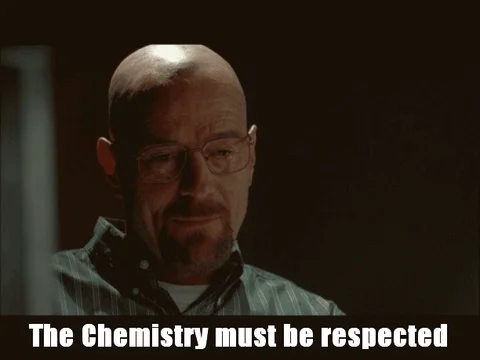
3. Art Conservator
What is an art conservator?
Do you like chemistry and art or architecture? Becoming an art conservator might be for you!

An art conservator "restores, repairs, and preserves" different pieces of art. Usually, art conservators specialize in a specific kind of art or material that they repair or preserve, like paintings or textiles.
Why should I be an art conservator?
If you like to work with your hands, and have a desire to preserve art for future generations to enjoy, you might really enjoy being an art conservator!

What responsibilities are expected of me as an art conservator?
Art conservators may have different responsibilities, depending on where they work and what kind of art they're preserving or repairing. Generally, these are the most common responsibilities:

estimate restoration costs and time

recommend the best preservation procedures
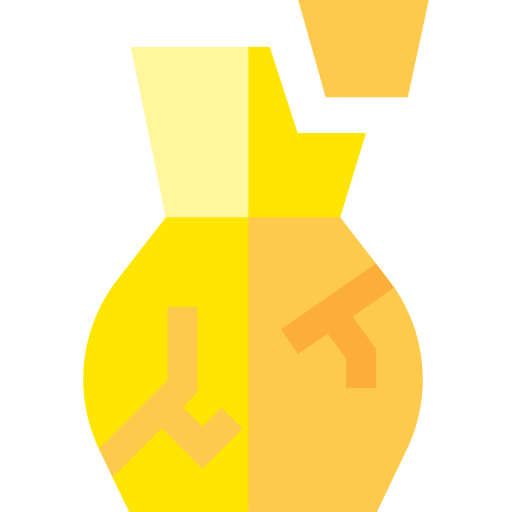
preserve, repair, and restore art objects and artifacts
Who hires art conservators?
Mostly, art conservators are hired by:

art galleries

museums

private or public archives for art

or you could work freelance and set your own schedule
What credentials do I need to become an art conservator?
Art conservation is a very unique field, so the education requirements are more specific than for other positions.
Doing a double major bachelor's degree in chemistry and art, followed by a master's program in art conservation would be the best route to complete your education requirements for this career.

Afterward, completing an apprenticeship or internship will help you get the practical experience you need to complete the career well.

Quiz
Your brother, Zach, wants to complete a chemistry degree, but isn't sure about what career he should do after his degree. He loves detail-oriented work, isn't squeamish, and doesn't mind working irregular hours. What should Zach do?
Take Action
These are just 3 of many chemistry degree careers!
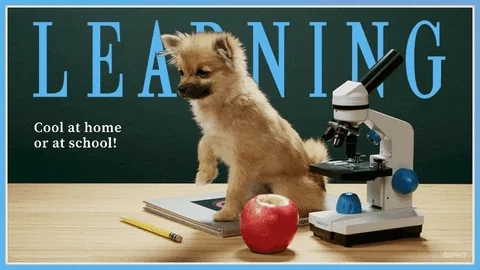
Continue learning by following these steps:
Your feedback matters to us.
This Byte helped me better understand the topic.
